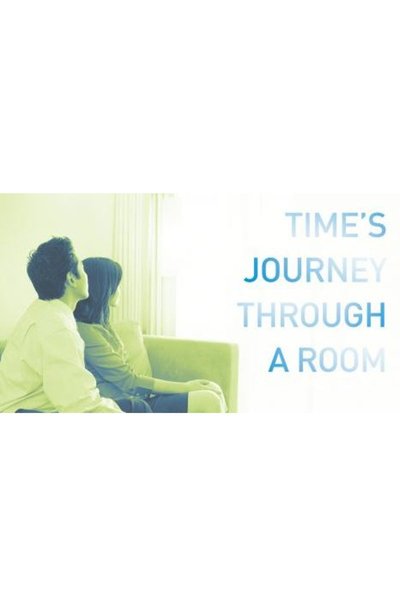
Critic Reviews (8)
"'Time’s Journey' is a response to the Fukushima disaster, and the striking sensory evocation that begins the performance ensures that we make the connection. The translation, by Aya Ogawa, helps with that, too; fluid as it is, it does not feel like American speech...Told in fragments that come together gradually, it is a chronicle of healing, with all its pain and awkward humor and halting steps."
Read more
"The glacially paced 'Time’s Journey' is challenging...Our heartbeats and our thoughts slow. In this down-tempo mode, 'Time’s Journey' feels like a marathon: Time staggers, creeps, crawls through the room. Your thoughts may be inclined to flutter out of the box that Okada and Rothenberg have made for them, but that’s the task the play asks us to face. Marshal your mind. Look at the difficult thing."
Read more
"Events unfold at a pace that may confound many Americans in the audience...'Time's Journey Through a Room' is never dull, yet it never deeply engages. And once again, one is left wondering if, in its detachment -- not to mention its allusion to still-recent traumatic events -- the play may have much more to say to a homegrown audience...I see I haven't mentioned the production's opening sequence...It is striking, if strangely remote; you can say the same about 'Time's Journey Through a Room.'"
Read more
"With its glacial pace, crypticness and arresting production design, Japanese playwright Toshiki Okada’s 'Time’s Journey Through a Room' at first seems more suited to a museum than a theater. However, halfway through its one hour running time it metamorphosizes into a majestic rumination on the persistence of memory, love and death...Mr. Okada’s dialogue as translated by Aya Ogawa is spare, poetic and perfectly complements his metaphysical scenario. "
Read more
"'Time's Journey Through a Room' is Toshiki Okada's multi-layered exploration of how we process trauma and loss...If you try to understand 'Time's Journey' as a traditional relationship drama, you might become disappointed by the lack of action...Although 'Time's Journey' is in many ways uniquely Japanese, it is also astutely relevant to anyone who has experienced loss, grief, and trauma...The play may well linger in your mind long after time has supposedly moved on."
Read more
"Sounds like a shudderingly abstract story idea, until you experience Toshiki Okada’s play as directed by Dan Rothenberg...Under Rothenberg’s laser-pointed direction and the equally precise performances of the very fine trio of actors, time is seen and felt as a continuum, in real time...PlayCo’s production is preceded by an enigmatic prologue...A fitting abstraction of this journey of time through the space of a room and the higher spheres yet of emotion, imagination and memory."
Read more
"Evocative, well-crafted, but externally undramatic…Numbingly slow, emotionally controlled, narratively slight, and emphasizing a state of mind more than a dramatic action…Many…are likely to find its tortoise-like pacing, lack of action, and inner-directed expressivity stultifying. Others will be moved by the throbbing trauma present beneath the surface's seeming placidity…The company, each member of which is a native-born Japanese…performs in a cool, emotionally detached way."
Read more
"A spare, meticulous, and sometimes frustratingly oblique study of human interaction in disaster’s wake...With painstaking precision, Okada shuffles and rearranges his three protagonists to scramble our emotional and narrative coordinates...Deliberately uncomfortable pacing is part of Okada’s exacting design, meant to jolt spectators out of our assumptions about the passage of time..Effective, as far as it goes but it also feels less generously constructed than some of Okada’s previous works."
Read more







